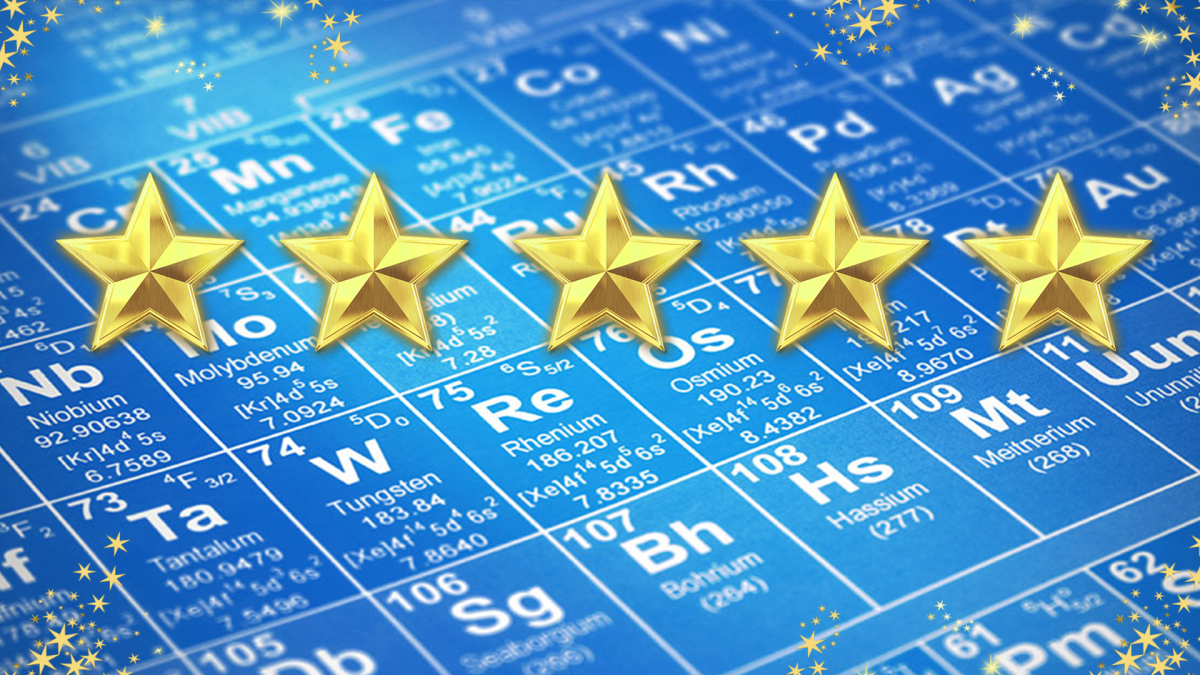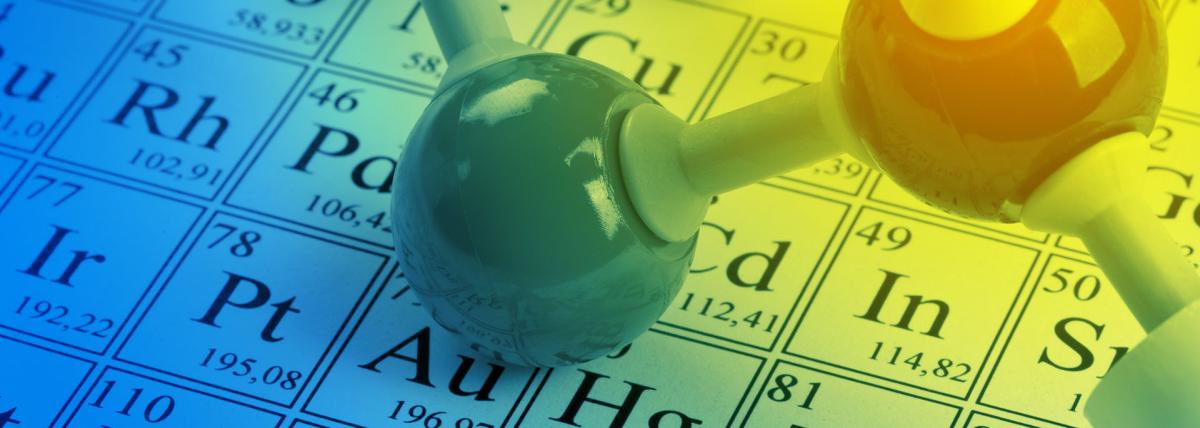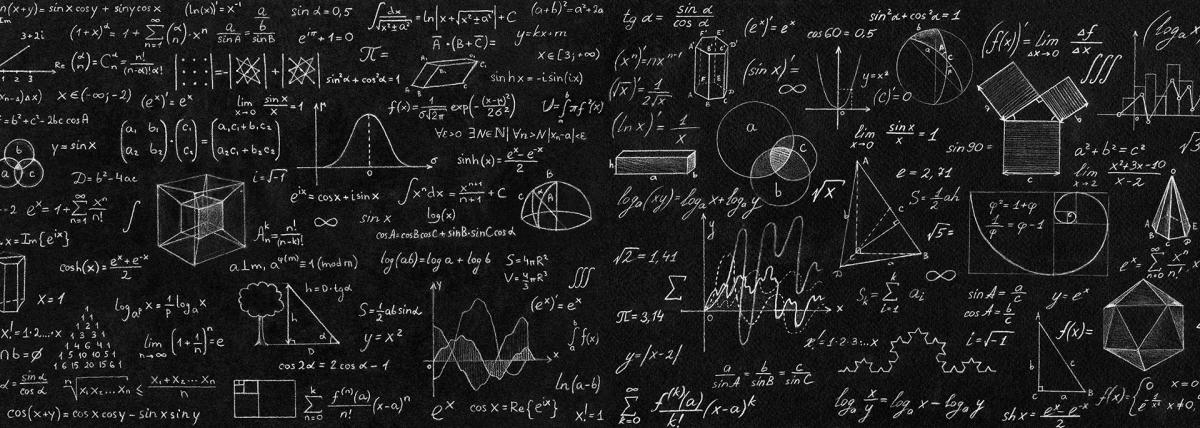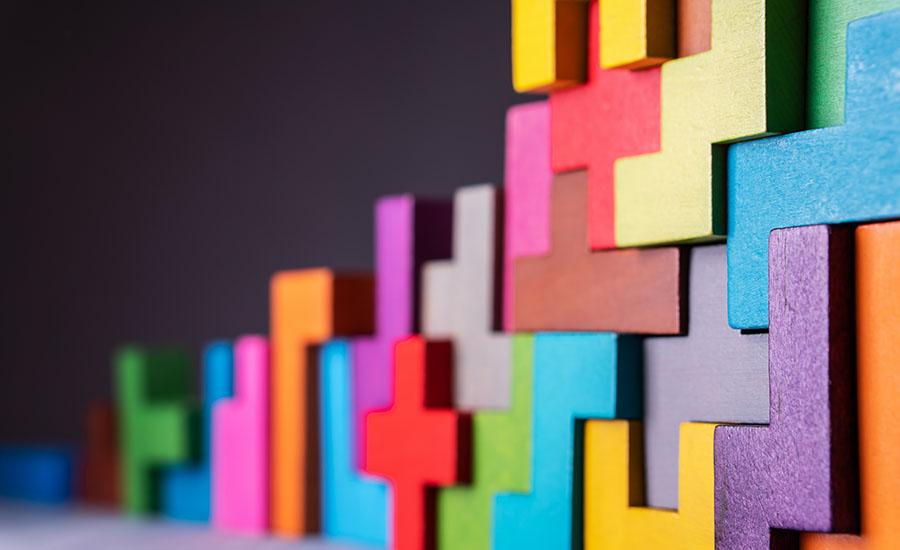
Grades:
10th Grade, 11th Grade, 12th Grade
From learning the basics of the endocrine system (organs) to creating a 3d visual model of a patient and demonstrating how hormones are released across the body, students will go from simple to






